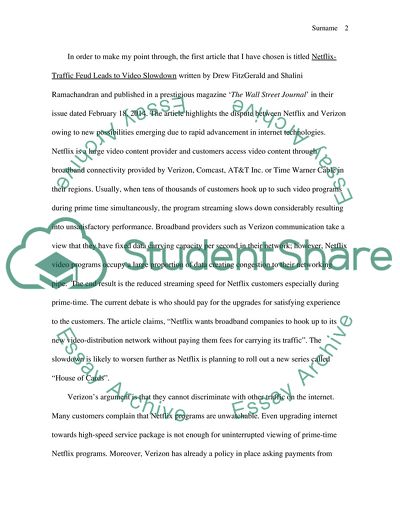Cite this document
(Netflix: Traffic Feud Leads to Video Slowdown Article Example | Topics and Well Written Essays - 2250 words, n.d.)
Netflix: Traffic Feud Leads to Video Slowdown Article Example | Topics and Well Written Essays - 2250 words. https://studentshare.org/journalism-communication/1813066-netflix-comcast
Netflix: Traffic Feud Leads to Video Slowdown Article Example | Topics and Well Written Essays - 2250 words. https://studentshare.org/journalism-communication/1813066-netflix-comcast
(Netflix: Traffic Feud Leads to Video Slowdown Article Example | Topics and Well Written Essays - 2250 Words)
Netflix: Traffic Feud Leads to Video Slowdown Article Example | Topics and Well Written Essays - 2250 Words. https://studentshare.org/journalism-communication/1813066-netflix-comcast.
Netflix: Traffic Feud Leads to Video Slowdown Article Example | Topics and Well Written Essays - 2250 Words. https://studentshare.org/journalism-communication/1813066-netflix-comcast.
“Netflix: Traffic Feud Leads to Video Slowdown Article Example | Topics and Well Written Essays - 2250 Words”. https://studentshare.org/journalism-communication/1813066-netflix-comcast.


